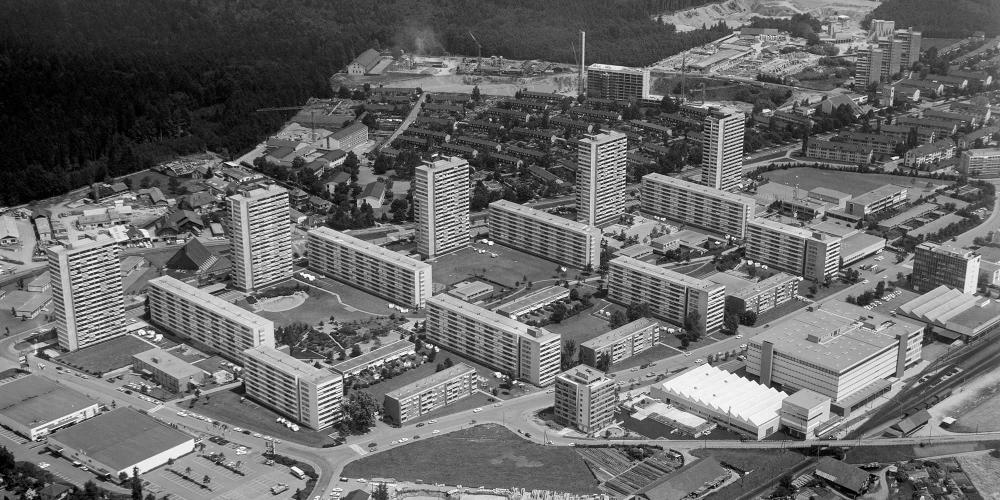
Public Spaces: Culture and Integration in Europe (2019-2022)
In 2019, the HERA network, along with the European Commission, has invested €20 million in 20 European research teams as part of its fourth joint research programme ‘Public Spaces: Culture and Integration in Europe’.
The theme “Public Spaces: Culture and Integration in Europe” is intended to mobilise the wide range of multi-disciplinary perspectives necessary to the understanding of relationships between ‘public space’ culture and other phenomena, such as, European integration.
Our aim
This research is expected to provide new insights that promote the full potential of citizens’ engagement with European public and cultural spaces; to stimulate public and political and scholarly debate about the future prospects of European integration, and to study new modes of interactive and reciprocal engagement between academics and various types of stakeholders including those working in the media, creative industries, and heritage sectors, as they have proved to be the true vehicles of European integration.
The challenge for this research is to identify how the relations between culture and integration within the context of public space(s) have been modelled and how they can be better understood in order to contribute to a better world.
The projects
The 20 funded projects deal with a variety of subjects ranging from housing, healthcare, and transportation to cemeteries, festivals, and urban culture.
Participants
The following countries committed to this programme:
| Austria | Germany | Norway |
| Belgium | Iceland | Poland |
| Croatia | Ireland | Slovakia |
| Czech Republic | Italy | Slovenia |
| Denmark | Latvia | Spain |
| Estonia | Lithuania | Sweden |
| Finland | Luxembourg | Switzerland |
| France | Netherlands | United Kingdom |
Projects
- Beyond Stereotypes: Cultural Exchanges and the Romani Contribution to European Public Spaces
- Cemeteries and Crematoria as public spaces of belonging in Europe: a study of migrant and minority cultural inclusion, exclusion and integration
- en/counter/points: (re)negotiating belonging through culture and contact in public space and place
- European Music Festivals, Public Spaces, and Cultural Diversity
- Festivals, events and inclusive urban public spaces in Europe
- FOOD2GATHER: Exploring foodscapes as public spaces for integration
- Governing the Narcotic City. Imaginaries, Practices and Discourses of Public Drug Cultures in European Cities from 1970 until Today.
- Healthcare as a Public Space: Social Integration and Social Diversity in the Context of Access to Healthcare in Europe
- Moving Marketplaces (MMP): Following the Everyday Production of Inclusive Public Spaces
- Negotiating diversity in Expanded European Public Spaces
- Night spaces: migration, culture and IntegraTion in Europe (NITE)
- Pleasurescapes. Port Cities’ Transnational Forces of Integration
- PUblic REnaissance: Urban Cultures of Public Space between Early Modern Europe and the Present (PURE)
- Public Space in European Social Housing
- Public Spaces and Psychoactive Revolution. The Impact of New Intoxicants on Public Spaces, Consumption, and Sociability in North-Western Europe, c. 1600 – c. 1850
- Public transport as public space in European cities: Narrating, experiencing, contesting
- The European Spa as a Transnational Public Space and Social Metaphor
- The everyday experiences of young refugees and asylum seekers in public spaces
- The Scientific Conference: A Social, Cultural, and Political History
- Visual Culture of Trauma, Obliteration and Reconstruction in Post-WW II Europe